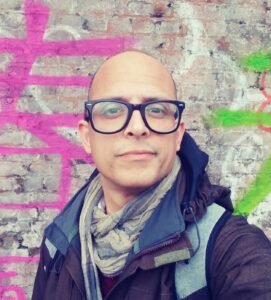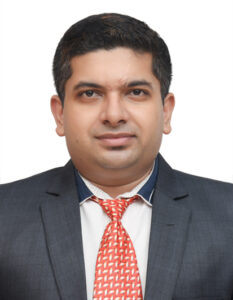This commission seeks to bring together anthropologists from across the world who have an interest in questions regarding how humans grow up and grow old. We encourage diverse approaches that bridge the bio-social divide, and that critically examine historically and culturally situated discourses of aging and the life course across diverse contexts. Our research addresses a wide variety of topics, including, biosocial and ecological influences on health and wellbeing across the life course; the relationships between aging, disability, and chronic conditions; the effects of age-related demographic changes on political and social institutions; the ritual, spiritual, and artistic contributions of older people; the care of and by older people; the effects of aging on global mobilities (including older refugees and displaced persons, global care migration, transnational care, etc.); end-of-life and death; inter-generational relations, places of ageing (housing, institutional settings, and community integration); personhood and dementia; ageism and structural violence, and intersections of age and race, ethnicity, gender and sexuality.
The need for an anthropology that not only recognizes the value of older people’s knowledge and perspectives, but also critically engages with the discursive constructions of aging is more important than ever. Worldwide, people over the age of 60 are the fastest growing demographic group, and by mid-century, 80% of this group will be living in low and middle-income countries, mostly in the global south. The Covid-19 pandemic showed us all the disproportionate effects of disease on older people, particularly in contexts of long-standing neglect. Global warming continues to have similarly devastating effects on older people. Despite this, the UN has still not ratified a Convention on the Rights of Older Persons, and humanitarian and development organizations often lack the expertise and ability to address the needs of vulnerable older people. Anthropology offers urgently needed research to address global issues and improve the lives of people of all ages.
 Dr. Jason Danely
Dr. Jason Danely
Chair of the Commission
Jason Danely is a socio-cultural anthropologist currently Associate Professor of Anthropology at Oxford Brookes University (UK). He was first elected in 2019 and is serving his second term as Chair, having been re-elected in 2023.
Jason has led several international networks for the anthropology of aging, including the Association for Anthropology, Gerontology, and the Life Course (AAGE) (President 2016-18); the European Association of Social Anthropology Age and Generations network (EASA-AGENET); and the American Anthropological Association (AAA) Interest Group on Ageing and the Life Course (Co Chair). He is an Associate Editor for the Journal of Cross-Cultural Gerontology and a member of the Editorial Board of Anthropology & Aging.
Jason’s research interests have focused on aging in urban Japan, including bereavement and mortuary ritual, unpaid family care, and the impact of the penal-welfare nexus on older people. His books include Transitions and Transformations: Cultural Perspectives on Aging and the Life Course (2013); Aging and Loss: Mourning and Maturity in Contemporary Japan (2014); Fragile Resonance: Caring for Older Family Members in Japan and England (2022); and Unsettled Futures: Carceral Circuits and Old Age in Japan (2024). Currently, he is co-editing the Routledge Handbook of Anthropological and Development Studies Approaches to Aging, which aims to decentre the gerontological dominance of the Global North and highlight the challenges and innovations of the rapidly aging global majority.
 Dr. Divesh Dik
Dr. Divesh Dik
Deputy Chair of the Commission
Dr. Divesh Dik holds a Ph.D. in Biological Anthropology from the Department of Anthropology, Panjab University, Chandigarh, and earned his M.Sc. in Anthropology from the Department of Anthropology, Hans Raj College, University of Delhi.
During his doctoral research, Dr. Divesh was awarded a Wenner-Gren Scholarship. He has been active in several IUAES–WAU Congresses, and convened panels at the New Delhi World Congress (2023) and the Johannesburg WAU Congress (2024).
Divesh has published extensively in international scholarly journals and remains actively engaged with the international academic community. As Deputy Chair, he contributes to strategic discussions and policy-oriented initiatives within the organization.
His primary research interests include Physiological Anthropology, Human Genetics, Public Health, Epidemiology, Medical Anthropology, Mental Health, and Human Ecology. He is also a recipient of the UGC–Junior Research Fellowship (JRF).


